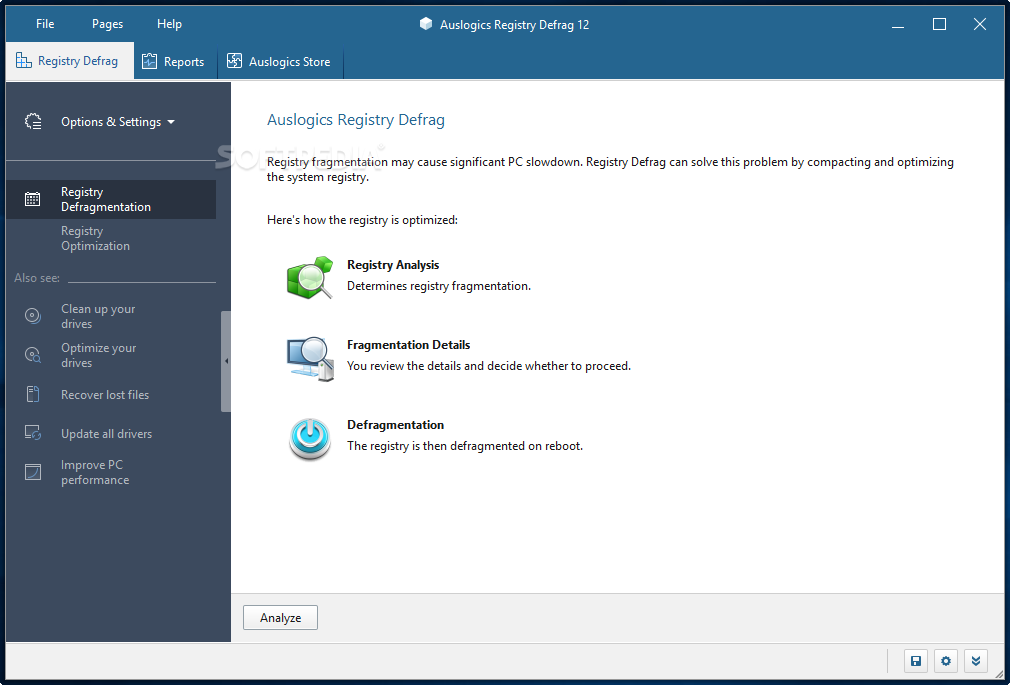

If you’re using either Windows 7, 8, or even Vista, your system is already configured to run defrag on a regular basis-generally 1 AM every Wednesday. RELATED: Do I Need to "Optimize" My SSD with Third-Party Software? If You’re Running Windows 7 or 8.x If you’re running Windows Vista, you should make sure to disable the automatic defrag and question your operating system choices, and if you’re using Windows XP with an SSD, one has to wonder why you’d have such an expensive solid state drive running with an ancient and unsupported operating system when you could switch to Linux instead. ….the automatic scheduling of defragmentation will exclude partitions on devices that declare themselves as SSDs. Because SSDs perform extremely well on random read operations, defragmenting files isn’t helpful enough to warrant the added disk writing defragmentation produces… Windows 7 will disable disk defragmentation on SSD system drives. Here’s what Microsoft’s engineering team has to say on the subject: If you’re using an SSD (Solid State Drive) in your computer, you should not be defragmenting the drive to avoid excessive wear and tear-in fact, Windows 7 or 8 is smart enough to disable defrag for SSD drives. Unless you manually uncheck the option, a restore point is created by default making it easy to roll back the changes later.Įxclusive Auslogics technology is proven safe and effective in multiple tests, used by PC manufacturers and recommended by experts.If You’re Using Windows with an SSD Drive The program explains every step it intends to take to defragment your registry so you don't need to guess what's going to happen. This program is totally free with no term limitations for home or commercial use. Registry Defrag will defragment and compact your Windows registry to reduce the amount of memory it takes up and restore system stability, so you can once again enjoy a smooth user experience. Combined with high memory usage, these issues may significantly reduce your computer's performance. Your PC may be having intermittent freezes, slow application response or other stability problems.

The optimization feature monitors the registry for malfunction potential or unused keys, and resolves these items to speed up registry data access.Īuslogics Registry Defrag is the safest and fastest way to compact your Windows registry and restore smooth and stable performance.


The registry is then defragmented on reboot. Registry Analysis determines registry fragmentation, you review the details and decide whether to proceed. Registry Defrag can help fix that by compacting and optimizing the system registry. Registry fragmentation may noticeably affect PC speed.


 0 kommentar(er)
0 kommentar(er)
